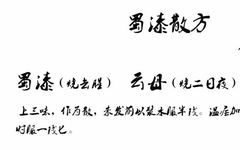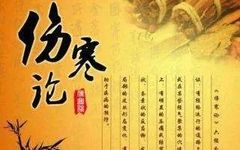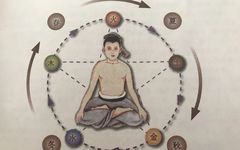What Are the Symptoms of Kidney Yang Deficiency? How to Choose Chinese Medicine?
Cold limbs, lower back and knee pain, frequent urination at night—what’s the problem? The answer is the kidneys! But why do so many remedies for kidney tonification seem ineffective? This is because kidney deficiency can be classified, with Kidney Yin Deficiency and Kidney Yang Deficiency being the most common. Only by properly tonifying the kidneys … Read more










